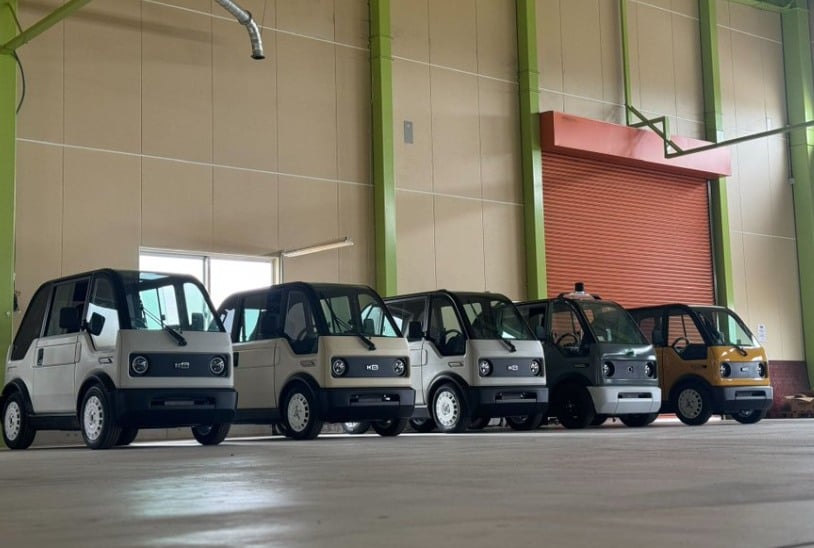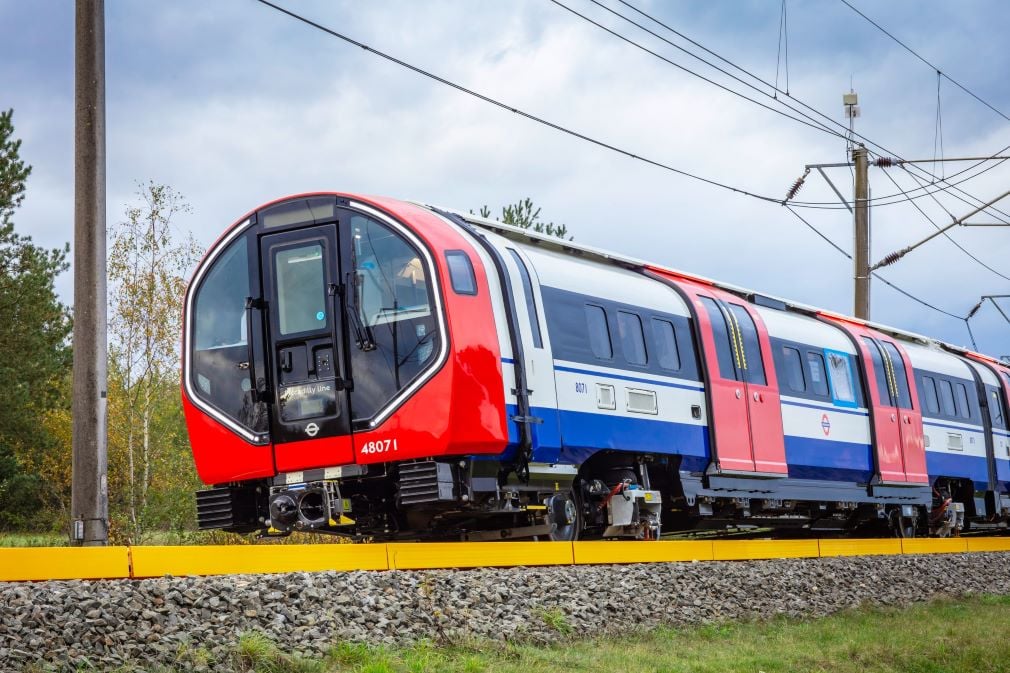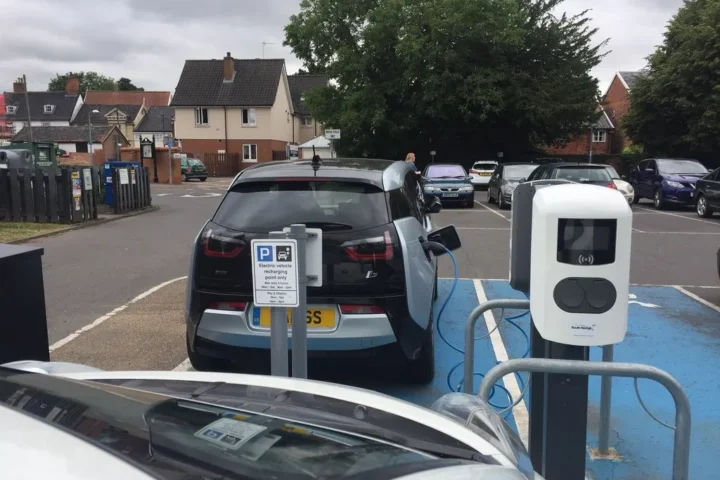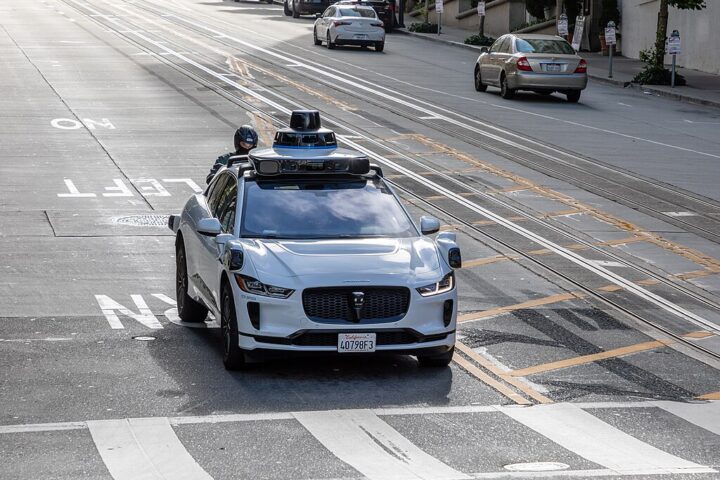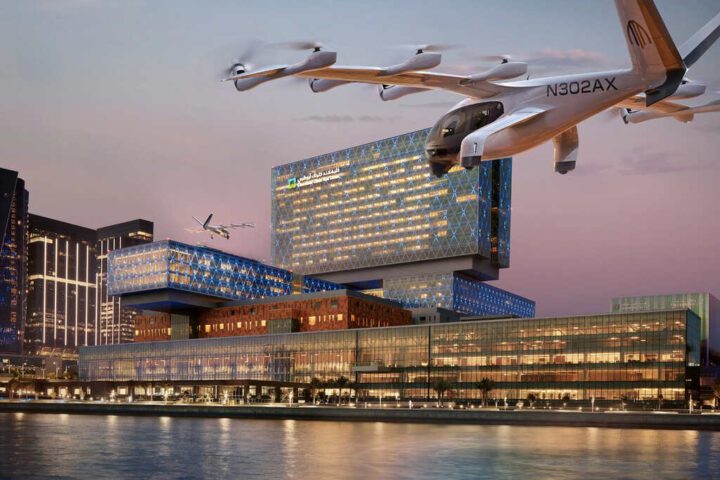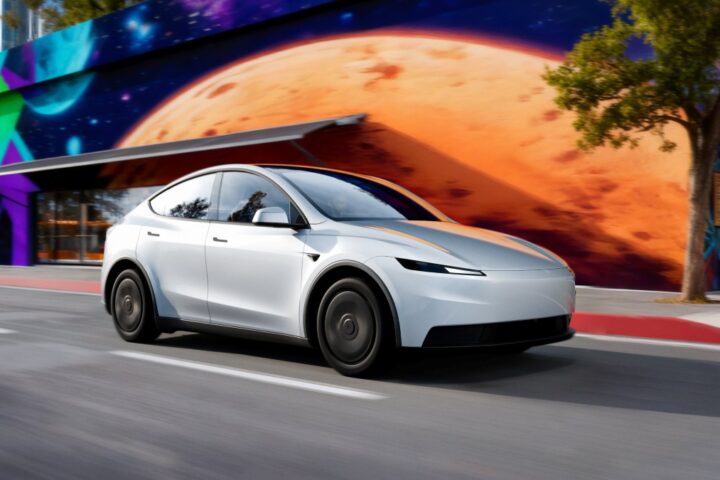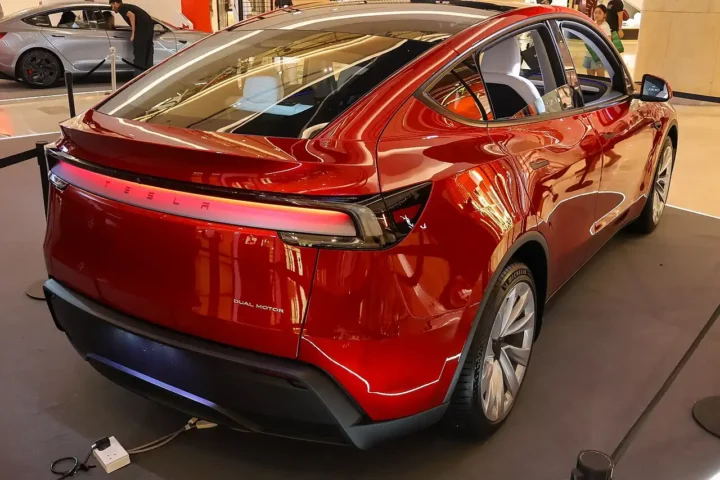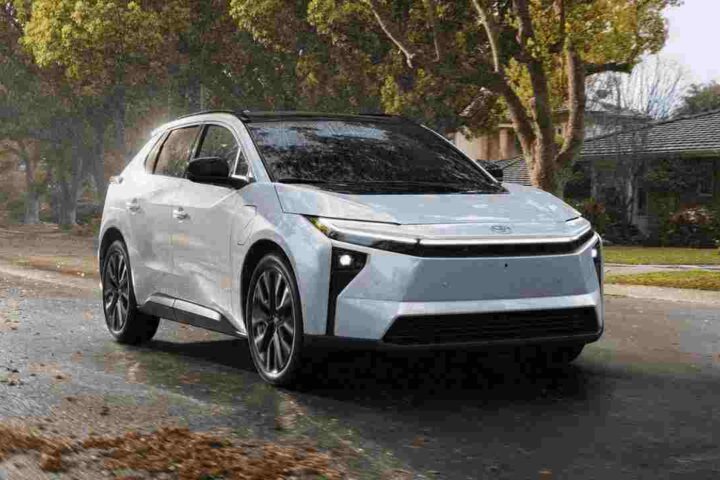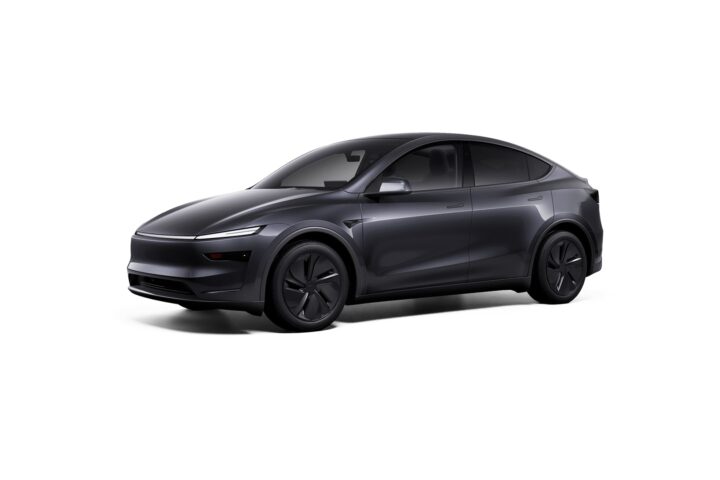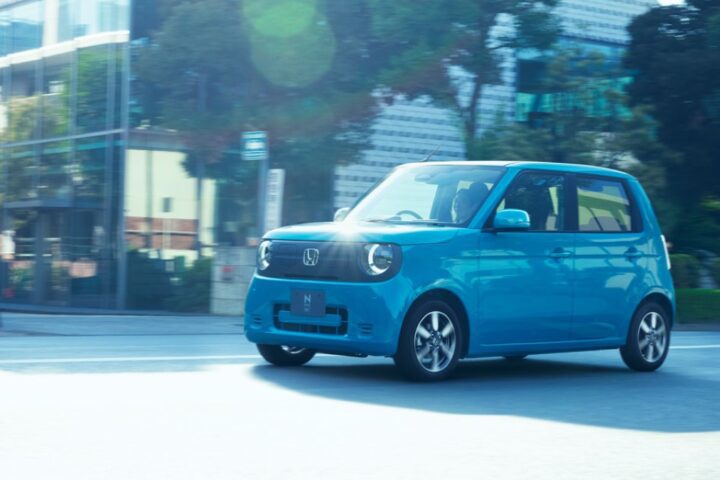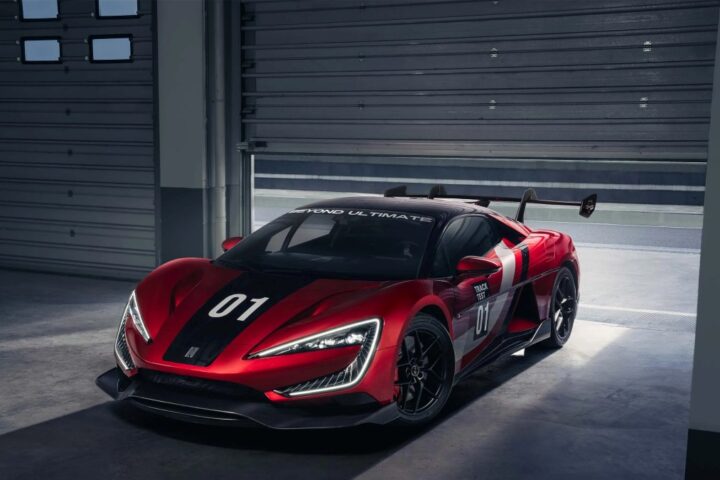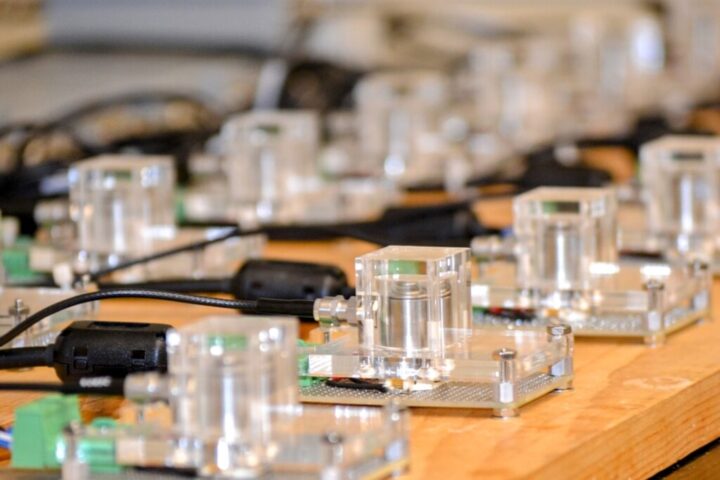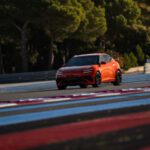A small Japanese startup is challenging the conventional wisdom in the automotive world with a tiny electric vehicle that costs just $7,000. KG Motors, based in Hiroshima, has developed the MiBOT, a single-seat electric car that’s generating surprising interest in a country where EVs have struggled to gain traction.
The MiBOT stands less than 1.5 meters tall and resembles a futuristic golf cart more than a traditional vehicle. As of early May 2025, KG Motors had secured over 2,250 pre-orders for the vehicle – more than Toyota’s entire EV sales in Japan for 2024, which stood at around 2,000 units.
“Cars are simply too big,” said Kazunari Kusunoki, founder and CEO of KG Motors. “Seeing so many big cars traveling Japan’s narrow streets – that’s where this all began for me.”
The compact EV offers practical specifications for daily use in Japan. It has a range of 100 kilometers (62 miles), takes five hours to charge on a standard Japanese household outlet, and reaches a top speed of 60 kilometers per hour. According to MotorTrend, the vehicle features a rear-mounted permanent magnet motor rated for 6.7 horsepower (0.79-hp continuous) and a 7.68 kWh LFP battery pack.
Priced at ¥1 million ($7,000) before tax, the MiBOT costs roughly half as much as Japan’s current bestselling EV, the Nissan Sakura. Production is scheduled to begin in October 2025 at KG Motors’ new factory east of Hiroshima.
Japan’s EV adoption has lagged significantly behind global trends. Electric vehicles accounted for only about 3.5% of total vehicle sales in Japan in 2023, compared to the global average of 18%, according to data from BloombergNEF. This slow uptake may be partly due to the influence of domestic manufacturers like Toyota, which have championed hybrid vehicles.
“Toyota said EVs aren’t the only solution and, because it’s Toyota, Japanese people assume it must be true,” Kusunoki explained. “A large number of people in Japan seem to believe EVs won’t become popular.”
The MiBOT aims to address specific mobility needs in Japan that larger vehicles don’t serve well. Kusunoki, who grew up in Higashihiroshima, witnessed firsthand how narrow streets and deteriorating public transport created challenges for residents, particularly the elderly.
Similar Posts
“In rural parts of the country, public transportation systems are in shambles,” Kusunoki said. “This might be hard for someone living in Tokyo to understand but at some point, it becomes necessary to have one car per person, not just per household.”
The vehicle was designed to meet Japan’s “original minicar” regulations, which are even more restrictive than the country’s famous “kei car” category. These regulations limit vehicles to less than 98.42 inches in length, 51.2 inches in width, and 78.7 inches in height, with electric motors rated at no more than 0.8 horsepower of continuous output.
KG Motors plans to deliver the first 300 MiBOTs to customers in Hiroshima and Tokyo by the end of March 2026, with the subsequent 3,000 units to be shipped nationwide by March 2027. KG Motors says it will lose money on the initial batch but should break even on the second. After that, the company aims to produce around 10,000 units annually.
The startup’s size and make-to-order strategy could work in its favor. The MiBOT’s simple design – essentially a battery, motor and sparse electronics connected by wiring housed within a monocoque chassis – keeps production costs low. The vehicle also features over-the-air update capability for its infotainment system.
The company is currently pursuing vehicle safety certification, including crash tests, to ensure the MiBOT meets Japan’s strict safety regulations. KG Motors has published footage of the vehicle being tested on icy roads in Hokkaido and being crash-tested into concrete walls.

The MiBOT’s success comes as other manufacturers are noticing the potential of the mini EV segment in Japan. Chinese EV giant BYD announced plans to produce a fully electric kei car for the Japanese market in the second half of 2026, while Hyundai introduced the Inster earlier this year, priced at ¥2.9 million.
As of early May 2025, over 95% of MiBOT pre-orders had come from homeowners who already own at least one vehicle, suggesting many buyers see it as a practical second car for specific transportation needs.
